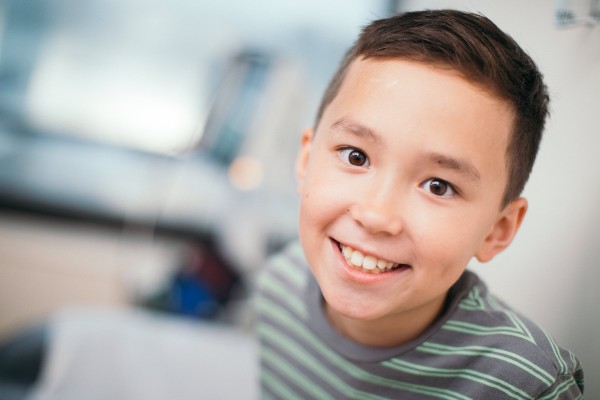Condition
Pediatric Dysphagia
Key Points about Dysphagia in Children
- Dysphagia means trouble swallowing. This condition can be long-term or it can come on suddenly.
- If your child suddenly has trouble swallowing, get medical help right away.
- Long-term (chronic) dysphagia may be caused by an underlying health problem.
- Treatment for dysphagia depends on the cause of the condition.
- Your child’s care team may include a nutritionist, occupational therapist, speech therapist, psychologist, gastroenterologist, allergist, and an ear, nose and throat doctor.
Schedule an Appointment
Our pediatric specialists provide personalized care for your child’s physical, mental and emotional health needs. Meet our providers and schedule an appointment today.
Frequently Asked Questions
What is dysphagia and what causes it?
Which children are at risk for dysphagia?
What are the complications of dysphagia?
When should I call my child's healthcare provider?
How is dysphagia diagnosed?
What are the symptoms of dysphagia?
How is dysphagia treated?
Meet the Providers Who Treat Dysphagia
Departments that Treat Dysphagia

Gastroenterology, Hepatology and Nutrition
Our gastroenterology specialists provide expert diagnosis and treatments for children with digestive, liver and nutrition disorders.

Help Kids and Make a Difference
Invest in future cures to help children have brighter futures.






.jpg)

